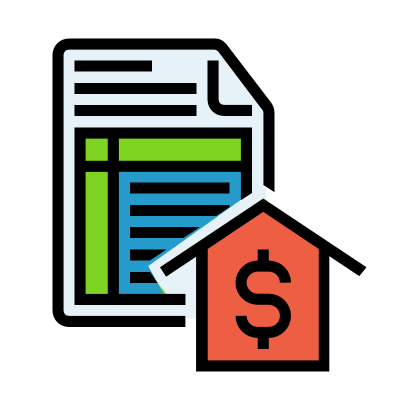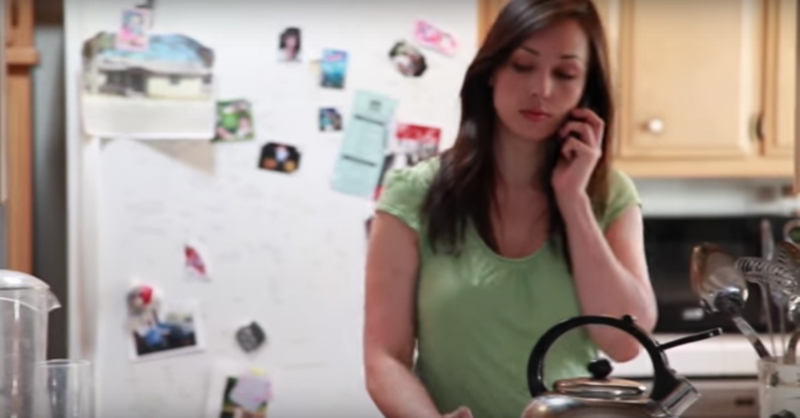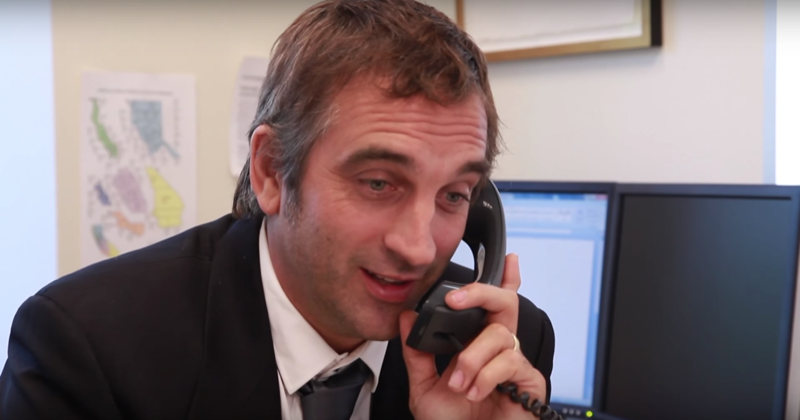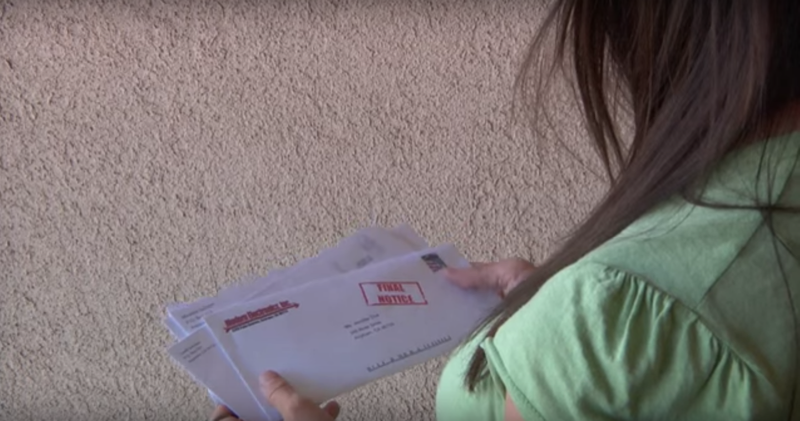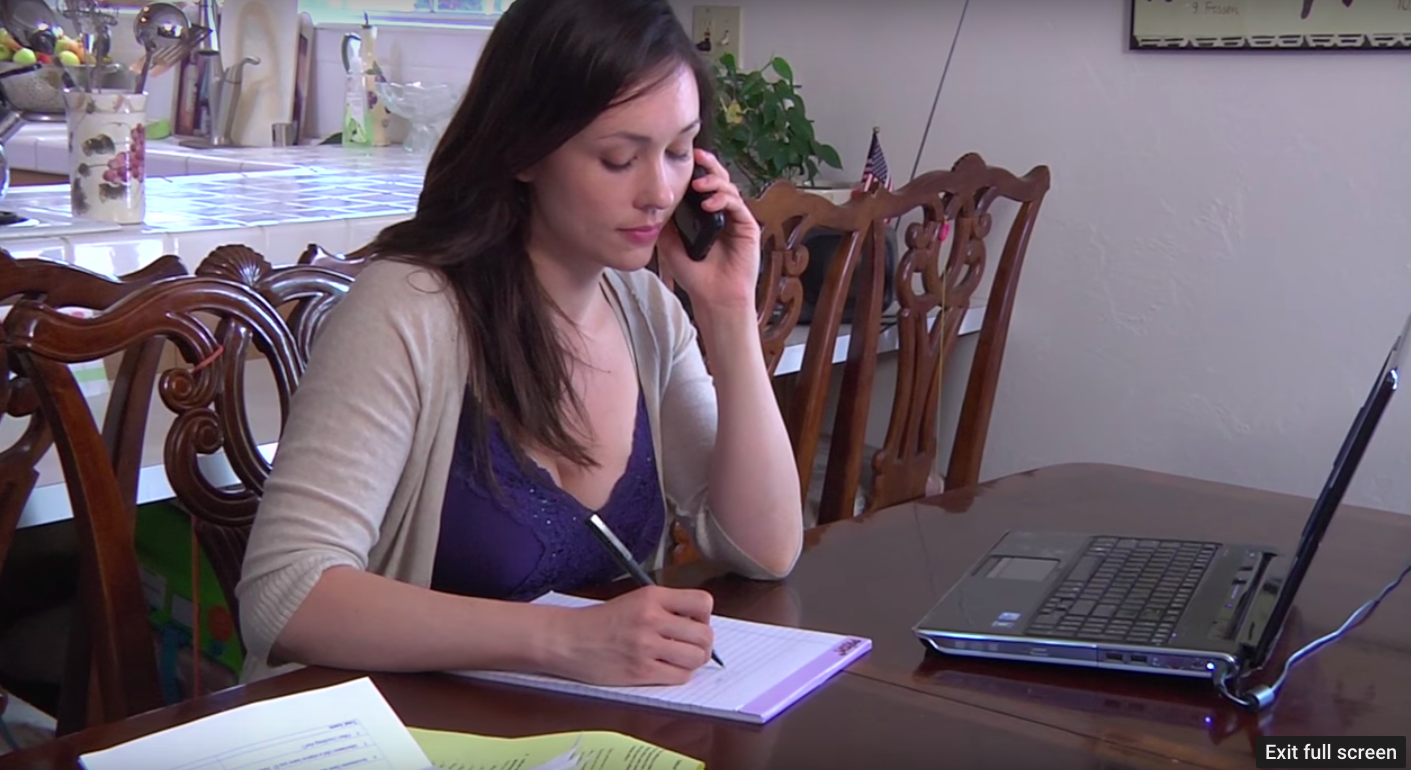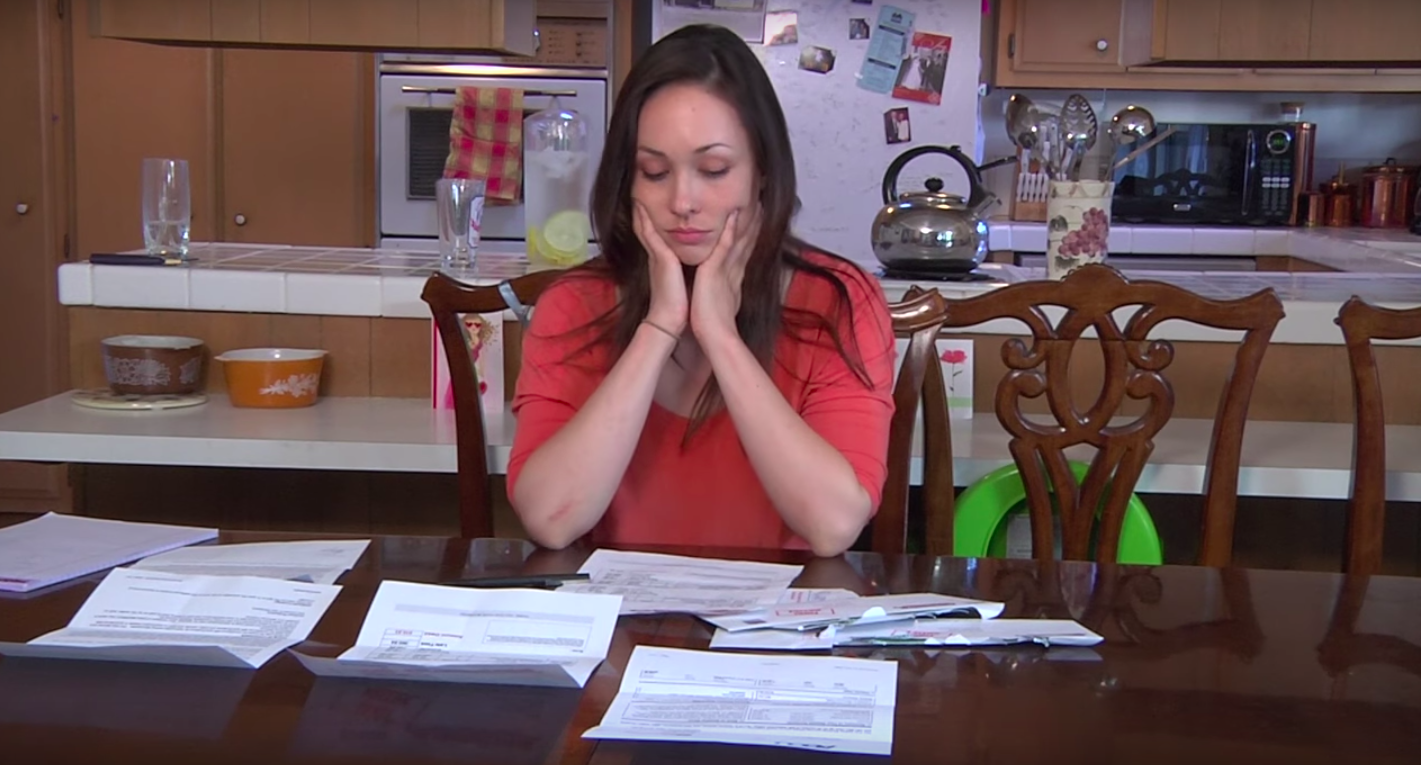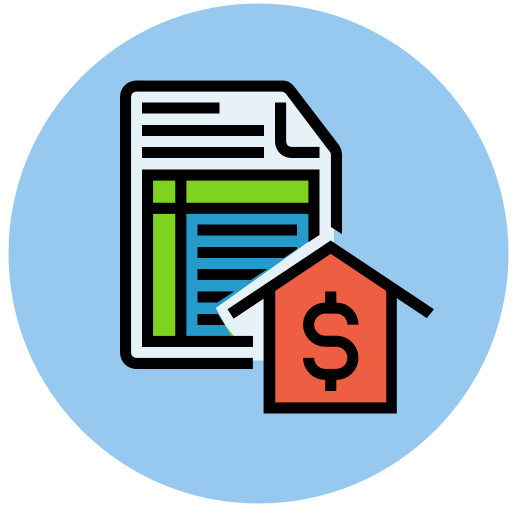
Foreclosure and Mortgage guide
A free legal aid guide for Virginia homeownersUse this foreclosure guide to protect yourself and your home.
Are you a homeowner in Virginia who is faced with possibly losing your house to foreclosure?
When you borrow money to buy a house or land, the creditor usually takes a security interest in the property. If you don’t pay, the creditor can foreclose upon (or take back) that property.
Use this guide to explore what legal rights you have, and how you can protect yourself and your home.
If You Need More Help
You can contact your local Virginia legal aid group by calling 1-866-534-5243.
You can also lookup your local legal aid group at https://www.vba.org/page/pro_bono_legalaid.
Lawyers can help you understand your options and next steps for your specific situation. Legal aid lawyers provide free help to people who qualify.
Step-by-Step Guide
Follow the legal process to deal with foreclosure problems in Virginia
Frequently Asked Questions
Find answers to common questions Virginia homeowners have about foreclosure
What can you do if you're facing foreclosure in Virginia?
Steps of dealing with a foreclosure
For homeowners in VirginiaStep 1
Preforeclosure when you fall behind in mortgage payments
__
If you own a home with a mortgage, you must make your payments on time.
If you fall behind in your mortgage payments, then you might be in the Preforeclosure stage.
Your mortgage servicer may give you a grace period for 10 or 15 days. If you haven't made payments in this grace period, then you may go to the next stage.
Step 2
Mortgage servicer might start charging you fees
__
After your grace period, your mortgage servicer might charge you fees (like late charges and inspection fees).
Each month you miss a fee, the servicer might charge you a late fee. Your loan documents will tell you how much this late fee will be.
The servicer might also do property inspections to see the home. They may charge you for these inspections.
Step 3
Mortgage servicer reaches out to you with options
__
Within 36 days after you missed a payment, the servicer must contact you by phone to talk about your options. They should discuss with you how to modify your loan, get on a payment plan, or get a forbearance.
Within 45 days after you missed a payment, the servicer should send you a letter with your options to avoid foreclosure.
You can submit a loss mitigation application to the servicer to try to stop the foreclosure from happening.
Step 4
Lender sends you a Breach Letter
__
At this stage of missed payments, your mortgage lender must send you a formal notice, called a Breach Letter. This letter informs you that the mortgage loan is in default.
After they send you a letter, then they might start the official foreclosure process.
Step 5
Foreclosure begins
__
Once you are 120 days past due on your mortgage payments, then the lender can begin a foreclosure.
The lender may choose to go through a Judicial or a Nonjudicial foreclosure.
- Judicial means they sue you in court.
- Nonjudicial means they go through out-of-court procedures.
Step 6
Explore ways to Stop Foreclosure
__
In Virginia, you might be able to stop the foreclosure by using one of these options:
1. Reinstating the loan (this depends on your loan paperwork)
2. Redeem the property by paying off the full amount of the loan
3. Filing for bankruptcy
Step 7
Foreclosure Process & Sale
__
Most lenders go through an out-of-court foreclosure process.
At least 60 days before the home sale, the lender must give you a notice of sale. This notice should be written down. It will tell you about legal aid and housing counselors.
At the Foreclosure Sale, different groups may make bids on the home.
Depending on how much the bids are, you might still owe money on your home -- or you might get money that is bid above the loan amount.
FAQs about Foreclosure
For homeowners in VirginiaWhen may my mortgage company foreclose on my house?
Look at your Deed of Trust. Your Deed of Trust will tell you clearly what terms the creditor must follow before it starts foreclosure.
Almost all mortgages in Virginia are secured by a Deed of Trust. A Deed of Trust is a deed of the property from you to a Trustee, who usually is a lawyer.
The Trustee has the power to sell your property if you don't keep the promises in the Deed of Trust. This includes your promise to pay the mortgage payments on time, in full, every month.
I don’t think I can make my mortgage payments but, I don’t want to go through a foreclosure. What are some of my options?
Contact your lender immediately to ask about loan modification. You may be able to restructure the terms of your loan to make your monthly payments more affordable. The lender cannot foreclose while you are trying to work out a modification.
Refinancing may be an option, depending on your interest rate and the amount of time left on the mortgage. Be careful, as some refinancing offers can end up costing you more, or are scams.
If you have not yet received a foreclosure notice and you cannot afford to continue paying for your home, you may want to find a realtor and sell it.
You may be able to negotiate with your lender to accept a deed in lieu of foreclosure. This means you voluntarily turn over your home to the lender to prevent foreclosure. You should not agree to this unless the lender agrees to something in exchange, such as releasing you from liability for the balance.
Be suspicious of any “foreclosure assistance or rescue company” that contacts you through the mail or by phone. Many of these operations are fraudulent.
Call HOME (Housing Opportunities Made Equal) in Richmond at (804) 354-0641. They do not charge for their services.
I received a notice saying that my house payments are going to be accelerated. What does that mean?
It means that the creditor is saying you’re in default and that all the money you owe, in the past and in the future, is due right now.
If you make all missed payments plus any late fees, within 10 days of the due date, the creditor may not accelerate your loan.
I am more than 10 days late with my house payment. Is it too late for me to catch up?
No, it may not be too late.
It depends on how past due you are, the amount you are delinquent, and what type of loan you have. You may be able to catch up unless you have received a notice that your loan has been accelerated.
If you have received an acceleration notice, you may want to consider filing bankruptcy in order to keep your house and land. There are many factors involved in a decision to file bankruptcy.
What are the requirements that must be met before a foreclosure sale is allowed?
The requirements are as follows:
- The Trustee must give you written notice, by certified or registered mail, at least 14 days before the sale is to take place. The notice must state the date, time, and place of the sale.
- The Trustee must also advertise the foreclosure sale in a local newspaper of general circulation.
- The foreclosure sale may not take place until at least 8 days after the first advertisement and it must take place within at least 30 days of the last ad.
The trustee sells your property, usually through an auction at the courthouse.
Will I get any of my money back after the foreclosure sale?
It is unlikely that you will get any money.
Usually, the sale is for less than the value of the home and you will still owe money.
When do I have to move if my house is sold at a foreclosure sale?
You do not have to move until the new owner gives you notice to move in writing.
Even then, you have the right to stay in the house until the new owner files an Unlawful Detainer (eviction) in court and the Judge says you must move.
The new owner may not cut off the utilities, lock you out, or remove you or your belongings from the home without first going to court.
Can a bankruptcy stop a foreclosure?
Bankruptcy means you ask the court to excuse you from your duty to repay your creditors. Bankruptcy allows you to discharge (get rid of) most of your debts, but also keep a certain amount of property.
Two kinds of bankruptcy apply to individuals and married couples not in business. These are a Chapter 7 (or straight) bankruptcy and a Chapter 13 (debt adjustment) bankruptcy.
Filing for bankruptcy stops foreclosures, repossessions, utility cutoffs, debt collection lawsuits, garnishments, levies, attachments, evictions where a judgment of possession has not been entered, and most other actions to collect debts.
In Chapter 7 bankruptcy, what happens to a house I’m buying?
If you’re buying a house, you may have to give it back to the creditor.
In a Chapter 7 bankruptcy, there are a number of ways you can keep your house.
Even if you can use one of these ways, you still may lose the house to the Bankruptcy Court if you have more “equity” in it than you can protect under Virginia’s debtor exemption laws.
In a Chapter 13 bankruptcy, what happens to a house I'm buying?
In a Chapter 13 bankruptcy, you may not have to give back, redeem, or reaffirm a house you’re buying.
Instead, you may be able to keep a house you’re buying even if you’re behind on payments.
To keep the house where you live, you must make current payments, and you get three to five years to catch up on missed payments.
My son or daughter just got called up for military service and now they have received a foreclosure notice on their house. What can we do?
The “Servicemembers Civil Relief Act” is a federal law that contains special rules for men and women called up for active duty.
Generally, the Act prohibits the sale, foreclosure, or seizure of property while the person is on active duty.
Get More Help
with your legal situation
Find a Private Lawyer: To connect with a private lawyer, call Virginia Lawyer Referral Service at 1-800-552-7977 or go to their website at https://vlrs.community.lawyer/. Some lawyers charge $35.00 for an initial interview.
Contact Legal Aid: You can call the Virginia Legal Aid Hotline 1-866-LEGLAID (1-866-534-5243). This will help you find your local free legal aid group.
If you are in Northern Virginia, seek help from the legal aid group Legal Services of Northern Virginia, visit https://www.lsnv.org or call (703) 778-6800.
If you are not in Northern Virginia, or need to find other groups, you can find a list of Virginia legal aid and help groups here, for more legal and financial assistance.
Find more help on Foreclosure
- Foreclosure Prevention Counseling, 1-888-995-HOPE (4673). A HUD-approved agency to any homeowner having trouble paying mortgage. 24 hours a day. http://hopenow.com
- Housing Opportunities Made Equal (804) 354-0641 – Advice, legal representation, and debt counseling: www.phonehome.org
- Avoiding Foreclosure: Virginia: http://www.hud.gov/local/va/homeownership/foreclosure.cfm
The information on this page is not legal advice.
Legal advice is dependent upon the specific circumstances of a person's situation. The information on this page cannot replace the advice of competent, local legal counsel.
Before taking action based on the information on this site, first check for up-to-date information with your local court system, and seek the advice of licensed local attorneys in Virginia (or your state).
This platform is not a substitute for qualified legal advice.
Please contact a lawyer in Virginia to help you with your specific situation. You can find a private lawyer by calling 1-800-552-7977 or find a local legal aid group by calling 1-866-LEGLAID (1-866-534-5243).
Housing legal problem guides
Do you need help with housing problems in Virginia? These free legal help guides can help with problems when you are a renter or a homeowner.
Eviction from home
Are you a renter in Virginia facing eviction from your home? This guide can help you navigate the eviction process.
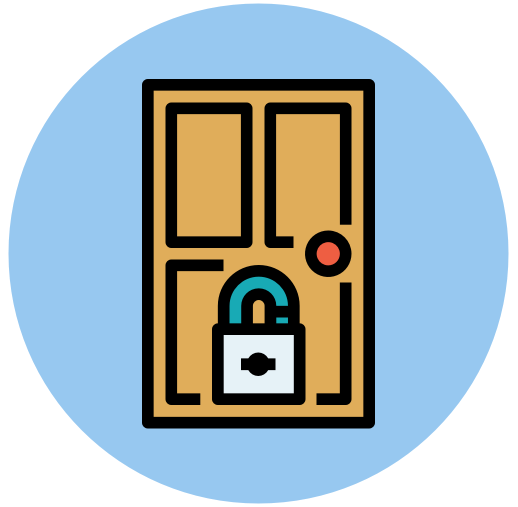
Lockouts from Rental
Have you been locked out of your rental home in Virginia?
Follow this guide to get back into your home legally.
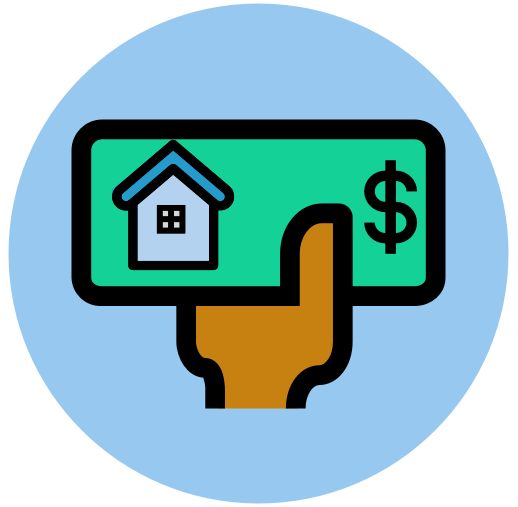
Security Deposit
Are you a renter in Virginia who is trying to get their security deposit returned from a landlord? Use this guide.
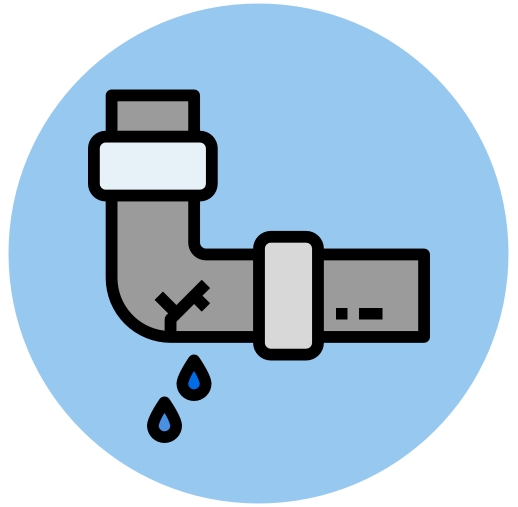
Living Conditions & Repairs
Are you a renter in Virginia who has problems with your home?
Do you have mold, pests, broken appliances, or utility issues?
Find out your rights to get your home repaired by your landlord.
